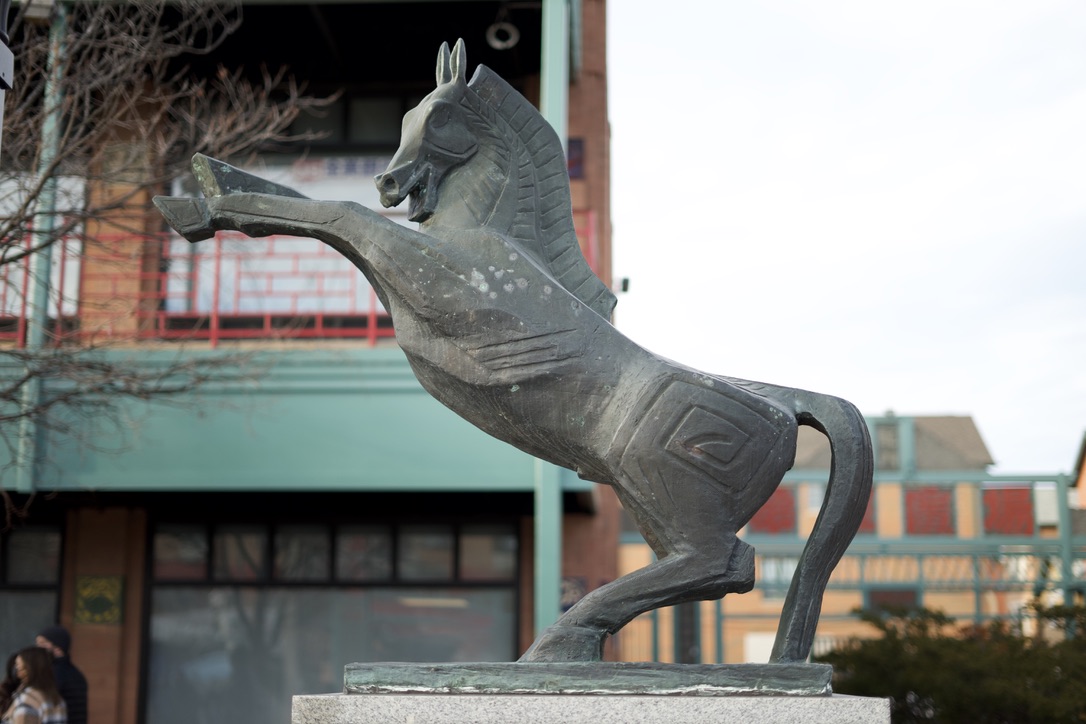When you look at two karate pioneers, Anko Itosu and Gichin Funakoshi, there is one thing in their pedagogy that sticks out to me. Unlike today’s martial arts culture where at most schools (The good schools are the exception here) you will be admitted to the class if you pay tuition and show up. Itosu and Funakoshi vetted out their students and sought out their intentions before allowing them to train.
For Itosu, a prospective student had to come from an honorable family, have a good education and have a great desire to learn karate. He notes that this increased the quality of his instruction and of his students. Itosu kept a small intimate group of students (6 or 7) so it is not like his methods of filtering students was simply to control numbers. It was an intimate experience to be a student of Itosu.
In Karate Do Nyumon, Funakoshi mentions the importance of taking things slow as a student: the importance of not being overly ambitious, eager or rushing into things. Funakoshi was able to detect these people almost instantly. There is a certain point to make about being persistent, but there is a difference between persistence and pestering! The prospective students that would continuously bug Funakoshi for his “Secret Sauce” would be met with a surprise and not a pleasant one at that. Funakoshi would intentionally teach these people the techniques incorrectly as a joke and as a means of getting people to go away. Think of a time where you pestered someone. Did you actually get what you wanted? Was the information of good quality or was it rushed just to get you to go away?
There are two sides to this lesson. First, as a student, or in a position of lower power, make sure that you have the right intentions, attitude and characteristics before pursuing something. Make sure you are mentally prepared, make sure you are spiritually ready (you better be able to say “I’m ready!” as enthusiastically as Spongebob), and make sure you are going into things for the right reasons. If you don’t know what is a right or wrong reason to do something, I encourage you to read the earlier articles on the blog. You need to be able to answer the question, “Why do I train?” just as well as you can answer, “Why am I an Engineer (or insert another job here)?”
Another point to this side of the coin is patience. If you are so impatient with something you want, you are missing out on the process for one thing, and for another, you are rushing into things without evaluating or discerning, “Why do I want this?” or “Is it right for me?” Take the time to look into things and don’t be rash.
As the instructor, or in a position of leading or making choices for yourself, you need to make sure you understand people’s intentions before letting them into your circles. Understanding people is important before getting close to them. On a small scale, is the information they are giving you accurate? On a larger scale, what do they want and why are they interested in talking to you? You need to understand what they want before developing a relationship with them. This can be a business, friendly or romantic relationship. If you do not know where people’s intentions lie you can be hurt or taken advantage of. Just like Itosu kept a small number of students, keep your circle of close friends and business partners small. With a smaller circle, you will be able to cultivate more meaningful connections just like Itosu’s students improved in quality.
Now, while you are reading this, you may be thinking that I am saying that it is important to build up walls in your life. This is not necessarily true. It is important to be vulnerable to develop interpersonal relationships, but make sure you filter who is important to you, and who is healthy to be around. Otherwise, someone will teach you wrong, but it won’t be a joke!




